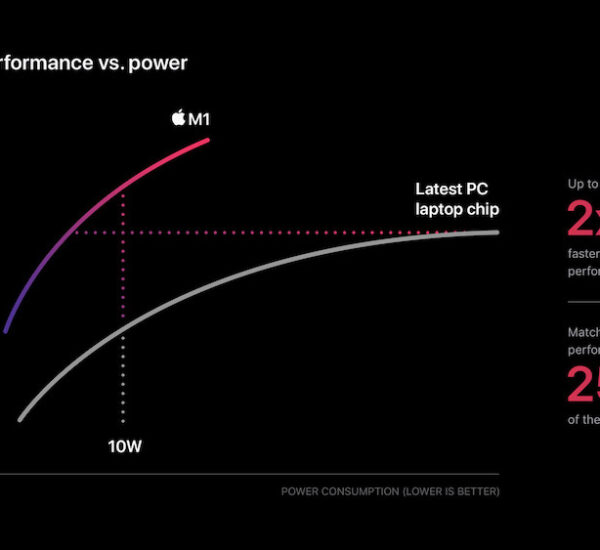Failure during an entrepreneurial venture is to be expected. Running Vitrix Health for 2 years, I’ve had my fair share of ups and downs. Early on, these failures would send me into a state of anxiety where I would constantly ruminate about the poor state of the company. However, after I started incorporating some Stoic Philosophy into how I think about my company, I found myself in a zen-like state during even the most turbulent times in my company’s history. With a pandemic and majority of startups struggling to stay afloat, I wanted to share the stoic techniques I used to keep a calm mind during the rollercoaster that every startup is on.
Screaming on the way down
Before starting this venture, I had an idealistic view of what it meant to run a startup. All I saw on Techcrunch and Hacker News were the stories of startups killing it, raising a crazy amount of funding or hitting another unexpected milestone. (BTW none of these metrics denote success in a company. I have met plenty of these companies and find that majority of them are struggling just like the rest) When we got into the HAX Accelerator I was certain we were going to be the next company on the front page of Techcrunch. But that was a key problem from the start, my life was Vitrix and I was betting everything on it to succeed. Vitrix was all I had.

To many entrepreneurs, what I am about to mention next is very relatable. During my time at HAX, every event I went to I would only talk about Vitrix: what was going wrong, which contracts we had recently landed, how our AI algorithm was better at predicting gum disease than seasoned dentists, and the list goes on. The people I spoke to, similarly, only mentioned how their businesses were performing. We would rinse and repeat this process every week with only a few conversations that deviated from this formula. I was told that this is what the grind was to make the company successful and so I bought into it. From 7am to 11pm, The only thing on my mind was Vitrix and it caused me to become one-dimensional quickly.
The things I loved to do were suddenly put at the bottom of my priority list. I had always been an avid reader and yet I found myself reading very little during the time I was working on my startup. A key reason I left consulting was that I had no control of my time and was finding myself not reading enough/growing as a person. It was a feeling of deja vu.
The more one-dimensional I got, the more Vitrix Health became part of my identity which caused me to scream when the metaphorical rollercoaster was going down. Because Vitrix Health represented a part of me, when things were going south, I felt like that was a direct reflection of me as a person. In my mind it wasn’t just Vitrix Health failing, I was also failing. I was honestly scared because if Vitrix failed, what would I speak about when talking with others? I realized that this was a poor way to look at things and I had to quickly snap out of it.
Everything will come to an end
After a particularly rough firing of an employee, I was put on medication for having high blood pressure. Not great news when you are just over the age of 23. After meditating on these issues, and with strong encouragement from my parents and doctor, I decided to begin to disconnect myself a bit more from Vitrix. My first step was to start doing things that I enjoyed again. I used some Amazon gift cards to buy 10 books that I would spend at least an hour a day reading.
The first book I read (rather re-read) was Letters From A Stoic. I had originally read this book in college when it was recommended by Tim Ferris on his podcast. Reading this book a second time really made me appreciate some of the wisdom that was written by Seneca several hundred years ago. Living virtuously was something I had neglected the year before and was ready to start living that way again.
The second book I read was A Guide to the Good Life: The Ancient Art of Stoic Joy which was recommended by Ryan Holiday’s Instagram. Another great book that really distilled the key learnings from the top Stoics in history. Although much of the text was a refresher for me, it was nice to have the key concepts consolidated in one place so I could look back at them whenever I needed to.
These books on Stoicism taught me that practicing negative visualization more often would help me get through the toughest of problems. But what is negative visualization?
“When you are going to perform an act, remind yourself what kind of things the act may involve. When going to the swimming pool, reflect on what may happen at the pool: some will splash the water, some will push against one another, others will abuse one another, and others will steal. Thusly you have mentally prepared yourself to undertake the act, and you can say to yourself: I now intend to bathe, and am prepared to maintain my will in a virtuous manner, having warned myself of what may occur.”
Epictetus
Essentially you have to be okay with everything that will happen, good and bad. For entrepreneurs, we can apply this by reflecting on the impermanence of our own companies. Our company will eventually end, whether that happens during our time or not that is up to fate. Being able to admit this is will cause some distress initially but it will get better, trust me.
I believe this is best written about in the book above by William Irvine. Irvine gives an example of a father who reflects on his child’s life. (I think this is a great example because most entrepreneurs refer to their startup as their child) When the father meditates on the idea that his child’s life is ephemeral, he must come to the conclusion that there is a possibility that the child passes away before he does. Since he has come to terms with this, he chooses to cherish the moments that he has with his child today and if the event happens where he outlives his child, the impact will be lessened.
This is a stark contrast from a father who does not reflect on such impermanence and chooses to forgo spending time with his child because he believes that he will have such time later on in life. When he too is faced with the task of laying to rest his child, he will then remember the times he chose to work on something irrelevant rather than spend time with his child. Since this event will be so sudden and jarring, this father’s ability to reconcile will be more arduous than the father mentioned above.
I know that is a morbid example but I think it has many parallels to the entrepreneurial journey. The past year, after having this epiphany, I have come to really enjoy the journey and be ambivalent to the destination of our startup. But it also helped me step away from my company more often and prioritize myself. The truth is that our businesses will not last and are thus meaningless. Businesses will continue to ebb and flow but the only certainty they have is that they all will fail.
So why give something so much value that 1) isn’t completely in your control and susceptible to black swan events and 2) prohibits you from enjoying other parts of your life? Remember you are more than your startup.
Takeaways
Stoicism has truly helped me get past some of the toughest times during my startup’s life. Making sure to remember that in the end all things will pass has helped me stay positive and have the grit to make it through. I know that it seems tough when others depend on you to have such a blase attitude about your livelihood but keeping a calm mind throughout the process will help you make the best decisions. Below are my quick takeaways:
- Remember to practice negative visualizations by thinking of all the things, good and bad, that can/will happen on this journey
- Remember you are more than your business so set aside time just for yourself
- Remember that your company will end one day and you might be there to see that downfall
- Remember to make a habit of meditating even if it is for only 15 minutes
And try to tell yourself this every morning:
“The people I deal with today will be meddling, ungrateful, arrogant, dishonest, jealous and surly. They are like this because they cannot tell good from evil. But I have seen the beauty of good, and the ugliness of evil, and have recognized that the wrongdoer has a nature related to my own – not of the same blood or birth, but the same mind, and possessing a share of the divine. And so none of them can hurt me. No one can implicate me in ugliness. Nor can I feel angry at my relative, or hate him.”
Marcus Aurelius



